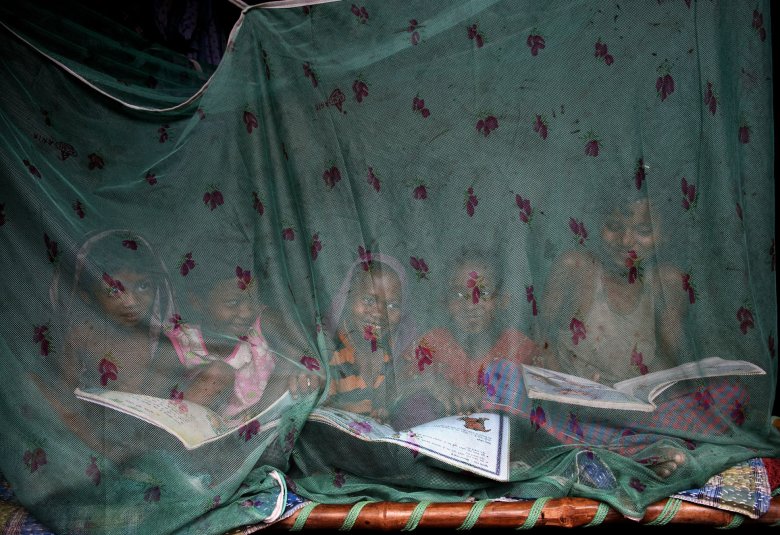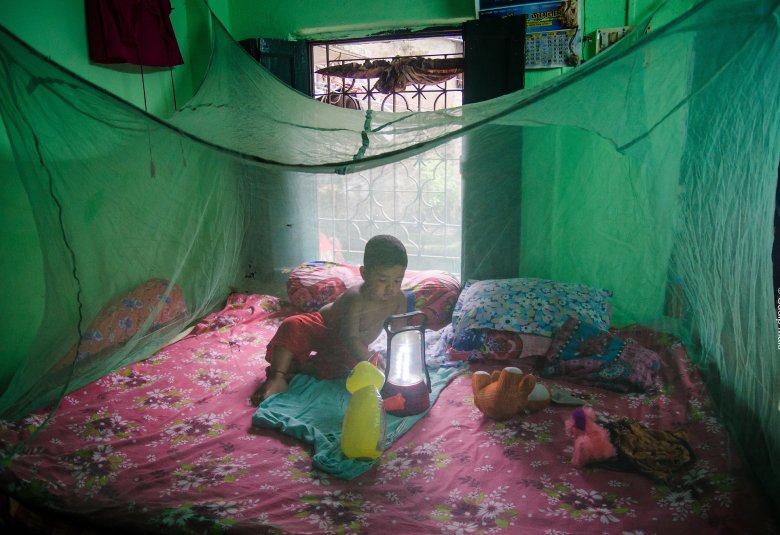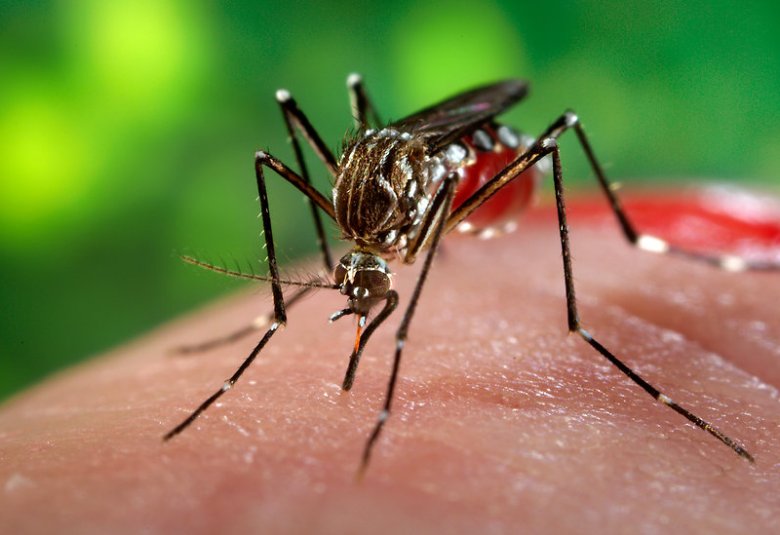Averting a global tragedy– when antimalarials lose their impact
At our biennial meeting earlier in the year we heard from Professor Nick Day and Dr Charles Woodrow about the challenges of eradicating malaria.
Professor Day spoke on the urgency in the ambitious task of eliminating malaria in the Greater Mekong Region. Just as chloroquine resistance began in this region, the same has happened with artemisinin. By eliminating malaria in the Greater Mekong Subregion before the resistant infections reach Africa, we can prevent history repeating itself to avert a global tragedy.
Dr Woodrow, of the University of Oxford, discussed what implications artemisinin resistance had on treatment and elimination of malaria. His talk explored the conditions that contribute to drug resistance beginning in Southeast Asia. Dr Woodrow finished by asking what we can do about artemisinin resistance - proposing novel approaches such as treating a community as a patient to provide long term treatment, either by rotating different first line therapies or combining artemisinin with partner drugs.
We also heard about the journey to discover artemisinin and its impact on changing the global fight against malaria. However, as we now know we are starting to see resistance to artemisinin. As RSTMH fellow, Professor Nick Day, warns: "We need to act quickly to avoid a disaster such as we had with chloroquine resistance, and avert a global tragedy." We hope our short video resonates with those who are unaware of the dangers of resistance, and brings the recent journey of tackling malaria to life. Watch the video here.







